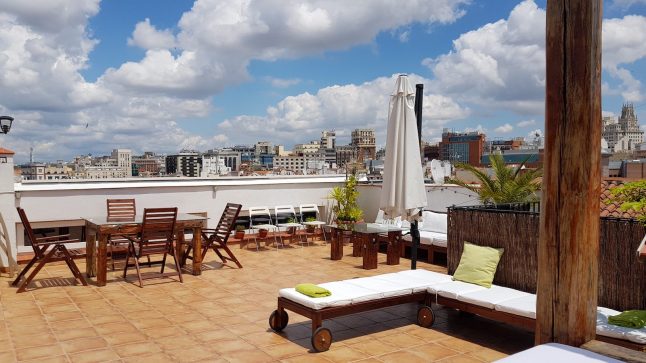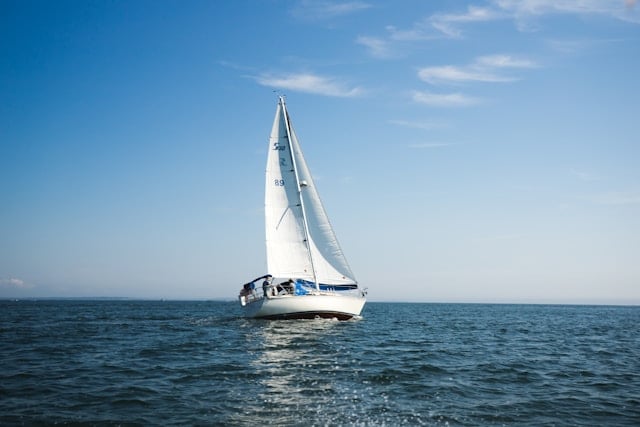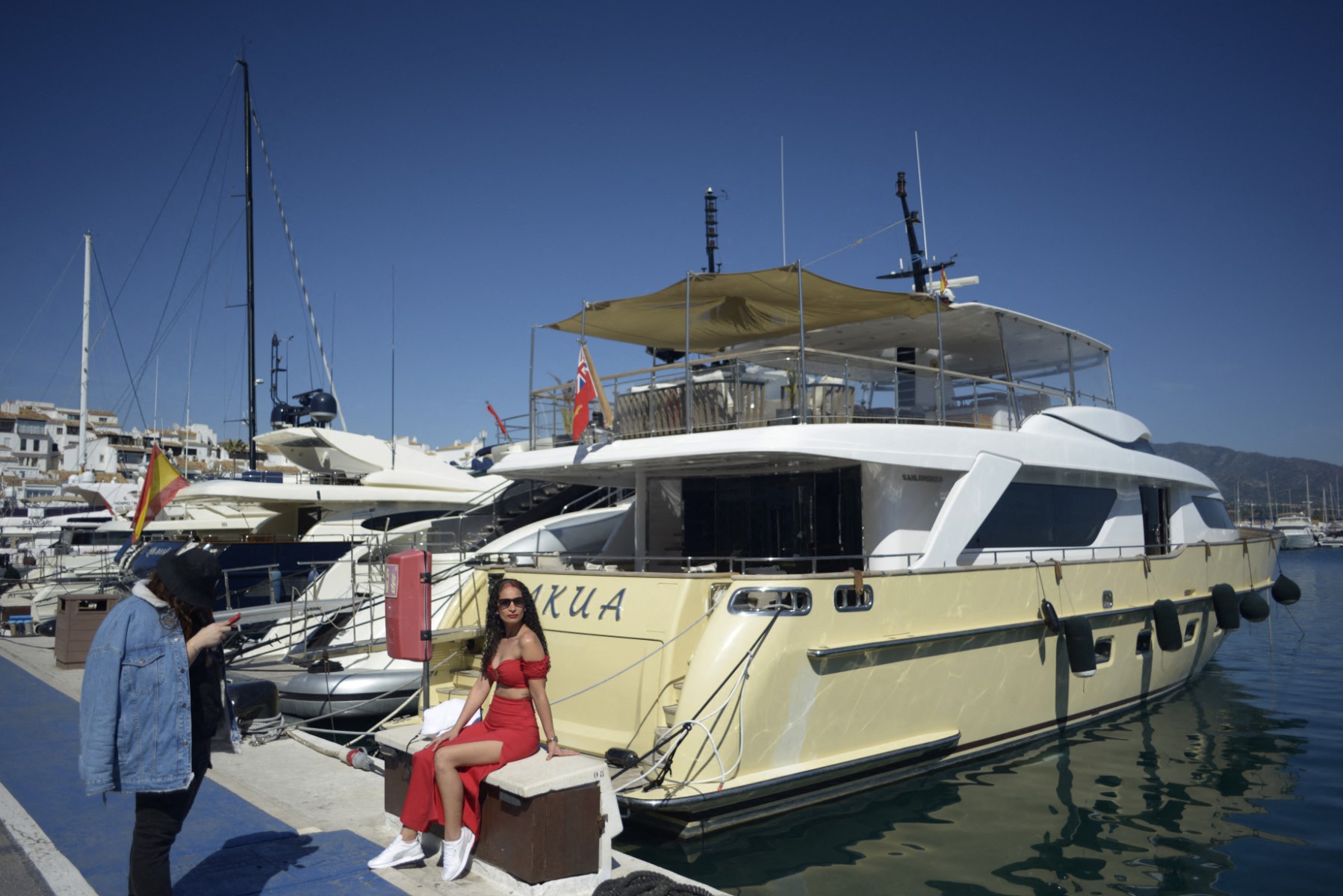The only flaw is that you live in an interior studio flat on the 3rd floor and there isn’t enough room to swing a cat, let alone invite 15 of your best friends round for some al fresco dining.
Well, help is at hand and your dreams of open air entertaining can be realised thanks to Atiko.co, a new rental portal launched for Madrid, Barcelona and Sevilla.
READ ALSO: Madrid's best rooftop bars
Operating in the same way as Airbnb, the new website connects owners who have fabulous rooftop or garden spaces with people who want a venue for a private party.
The online community marketplace is the brainchild of Hilaire Besse and Oscar Jorge, who were flatmates in Barcelona longing for a rooftop experience.
“We always wanted to have barbecues with friends on a rooftop. But we didn’t have a rooftop, nor a barbecue,” Besse told The Local.
“One day we were walking around the Bunker del Carmen in Barcelona – a place with views across the city – and we figured out that on virtually every Barcelona building was a rooftop terrace. So we thought there were a market there, and maybe we could finally have our barbecue on someone else’s rooftop!” she said.
A year later and they have 80 rooftops signed up to the site and have staged more than 200 events.
For the price of €150 for one day, you can rent a terrace overlooking Madrid’s Gran Via with a barbecue that can host 12 people – booking runs from noon to 1am – and comes with a cleaning fee of €25.

A terrace with views across Barcelona’s Gothic quarter for 15 guests can be yours for a day for €150. Photo: Atiko.co
“By far the biggest demand is for those holding 30th birthday parties. But we have more and more companies reaching out to hold corporate events,” Besse explained.
The big advantage for the owner is that they can make extra cash with minimum effort.
“The owner can earn an average of €250 per event without even leaving their house. They just stay home and check that everything is going OK on their terrace. So far we have earned €40,000 for owners and that makes us supper happy!” Besse said.
The co-founders insist that the initiative creates no trouble among neighbours by setting the hours of the event to minimise the impact of noise on fellow residents in the building and that unlike Airbnb, which has seen a backlash for driving up prices, the service is mostly used by locals.
“Firstly, we are NOT a service for tourists,” insists Besse. “Our users are people living in the city (they can be French, Spanish, Catalans, English, but they all live in the city).
“Second, the Atiko rooftop’s owners are living in their flat all year long, it’s not something like Airbnb where they are entire flats dedicated to this business.”




 Please whitelist us to continue reading.
Please whitelist us to continue reading.